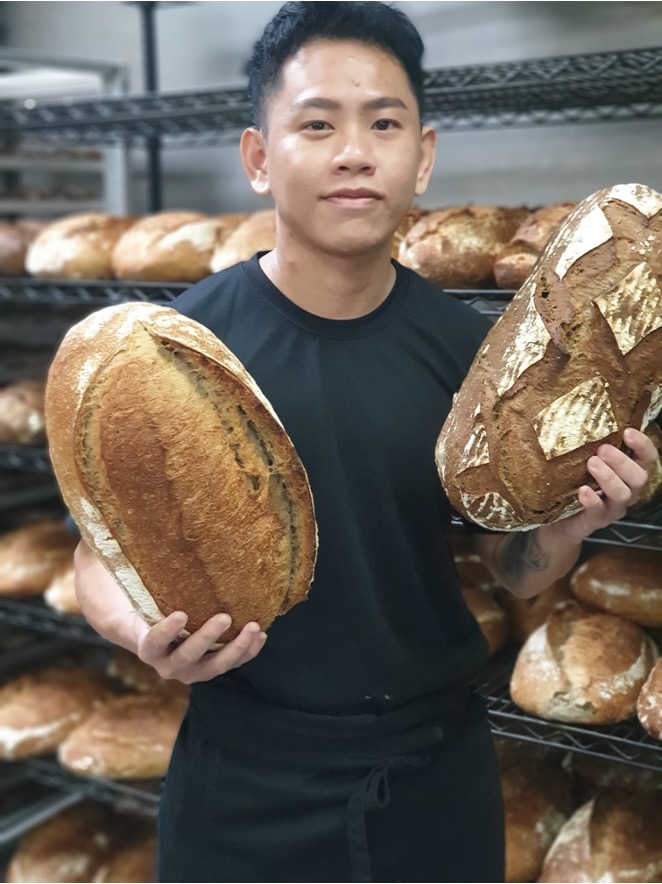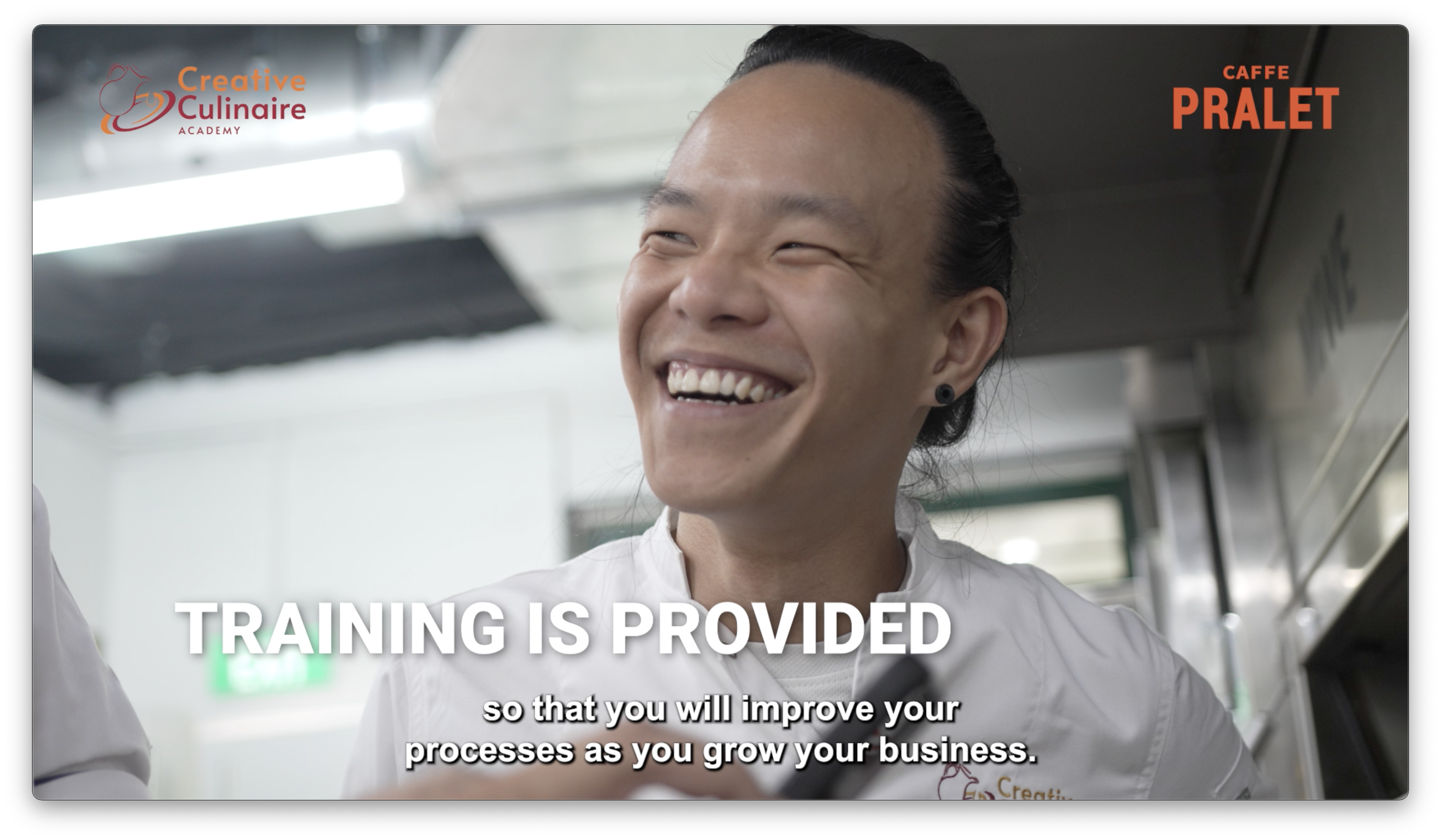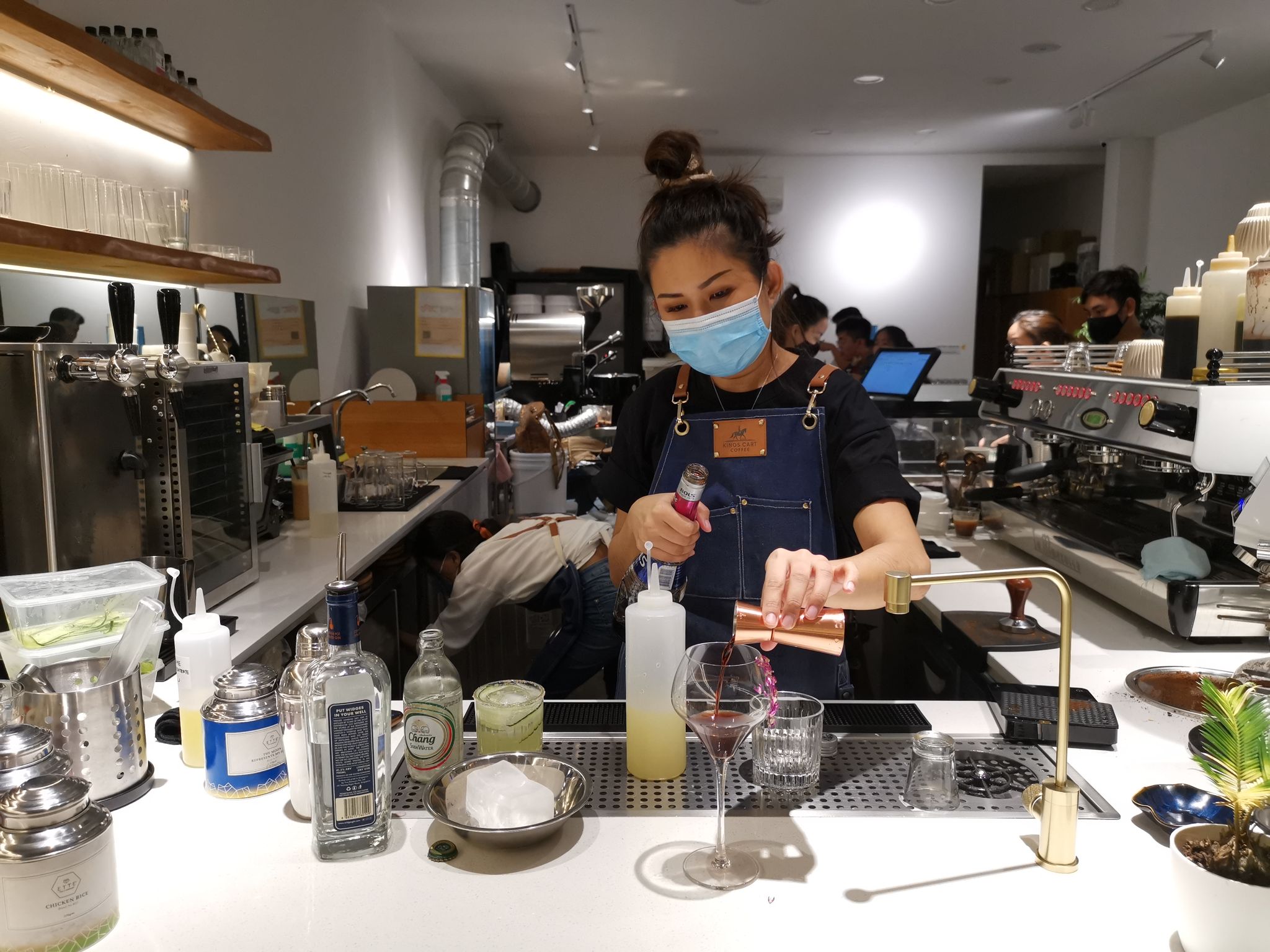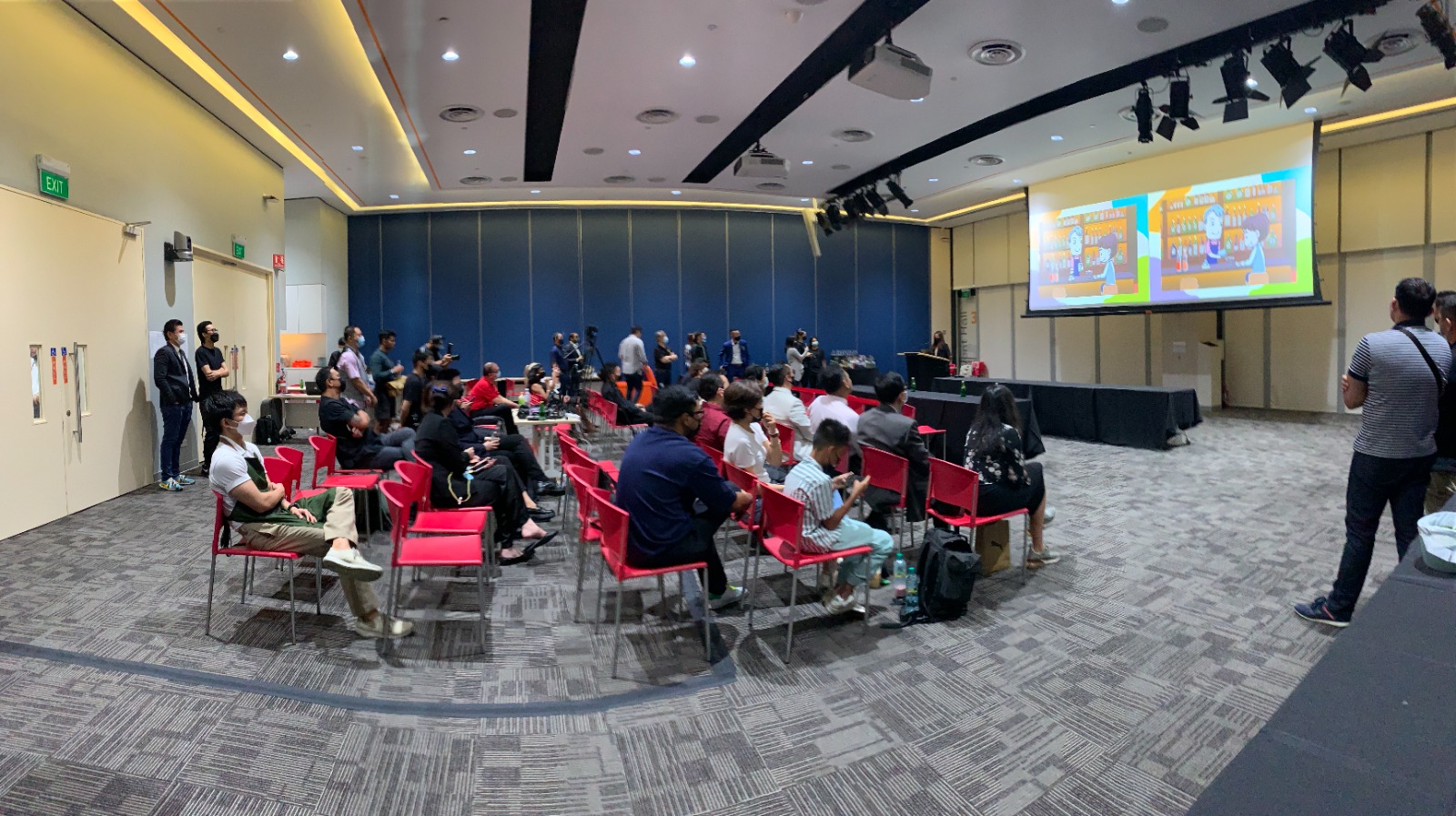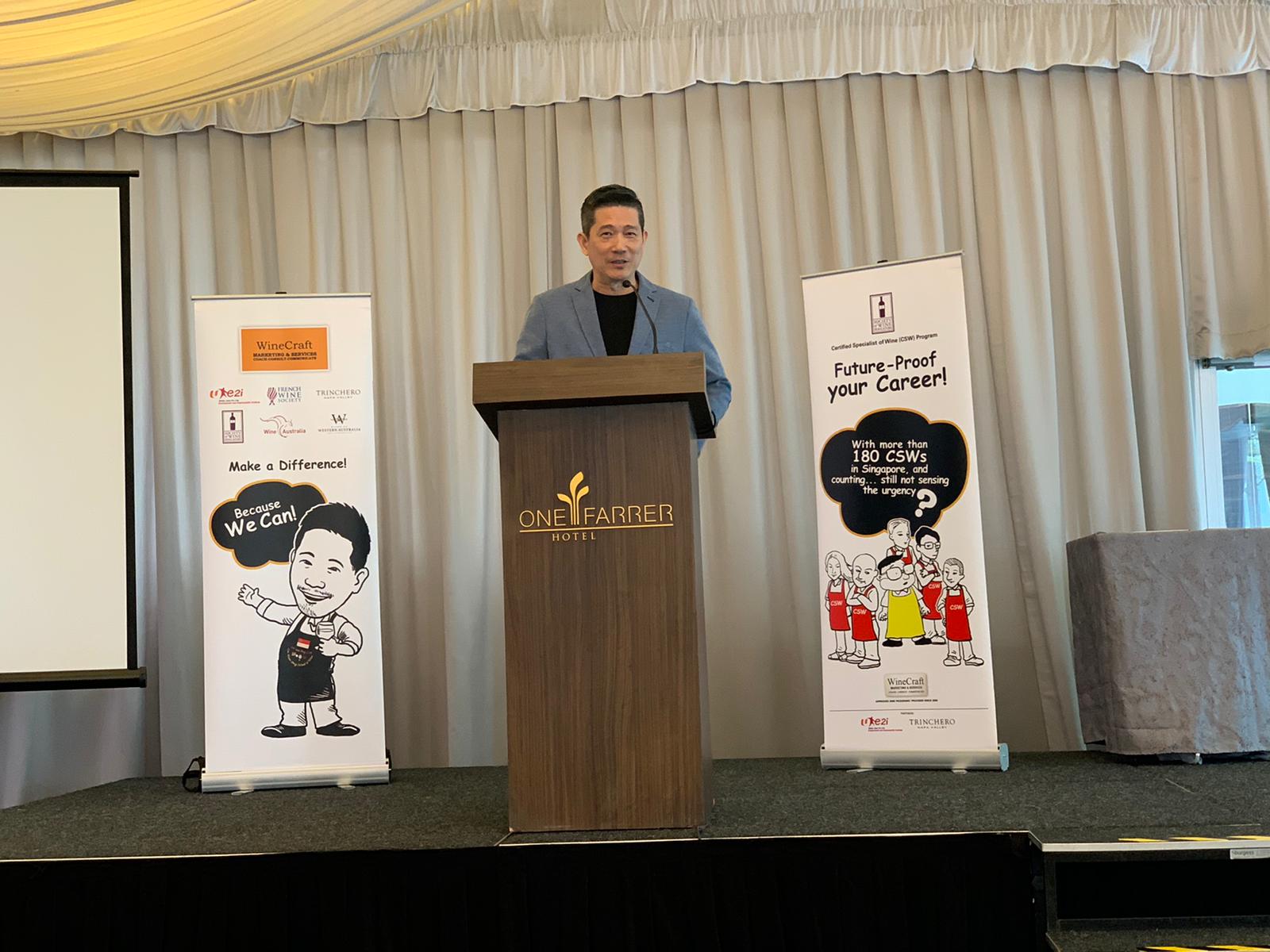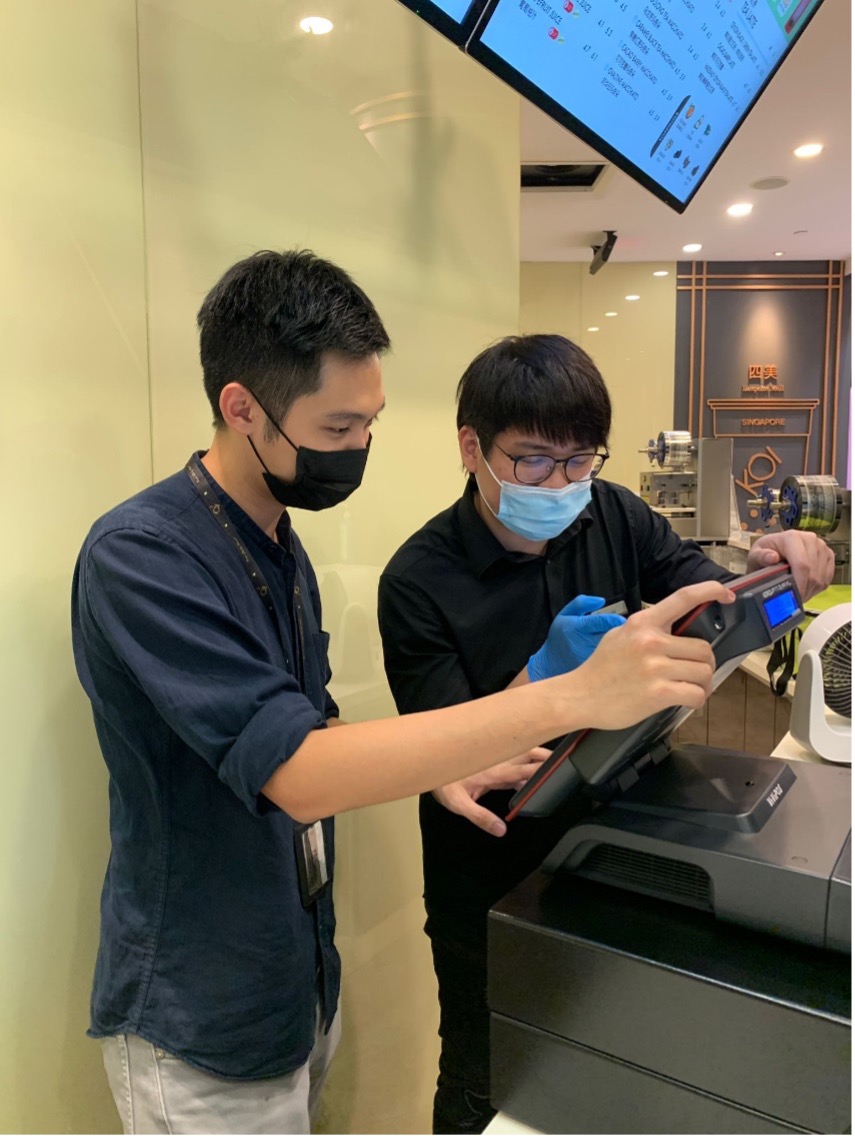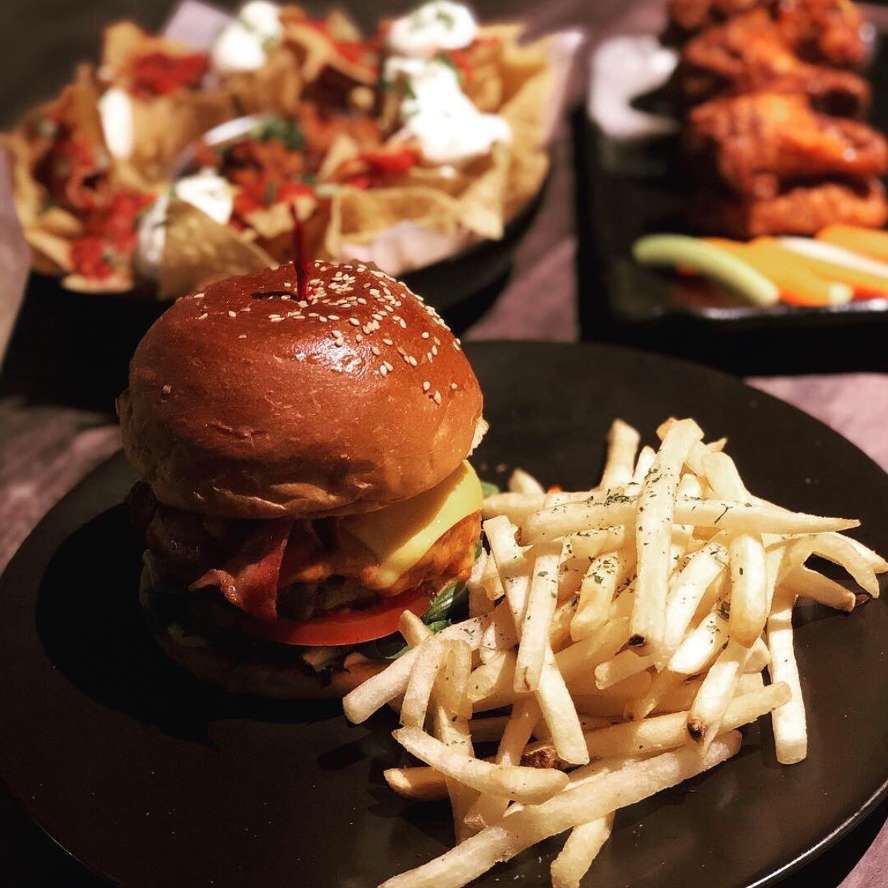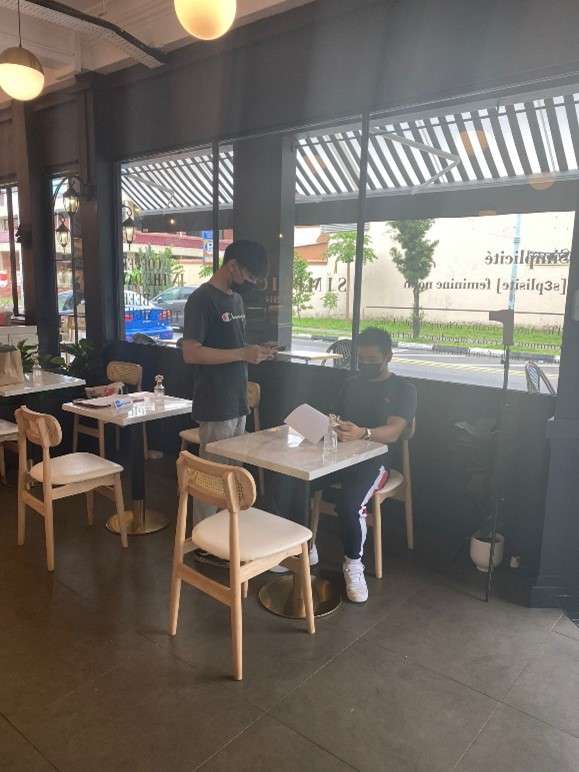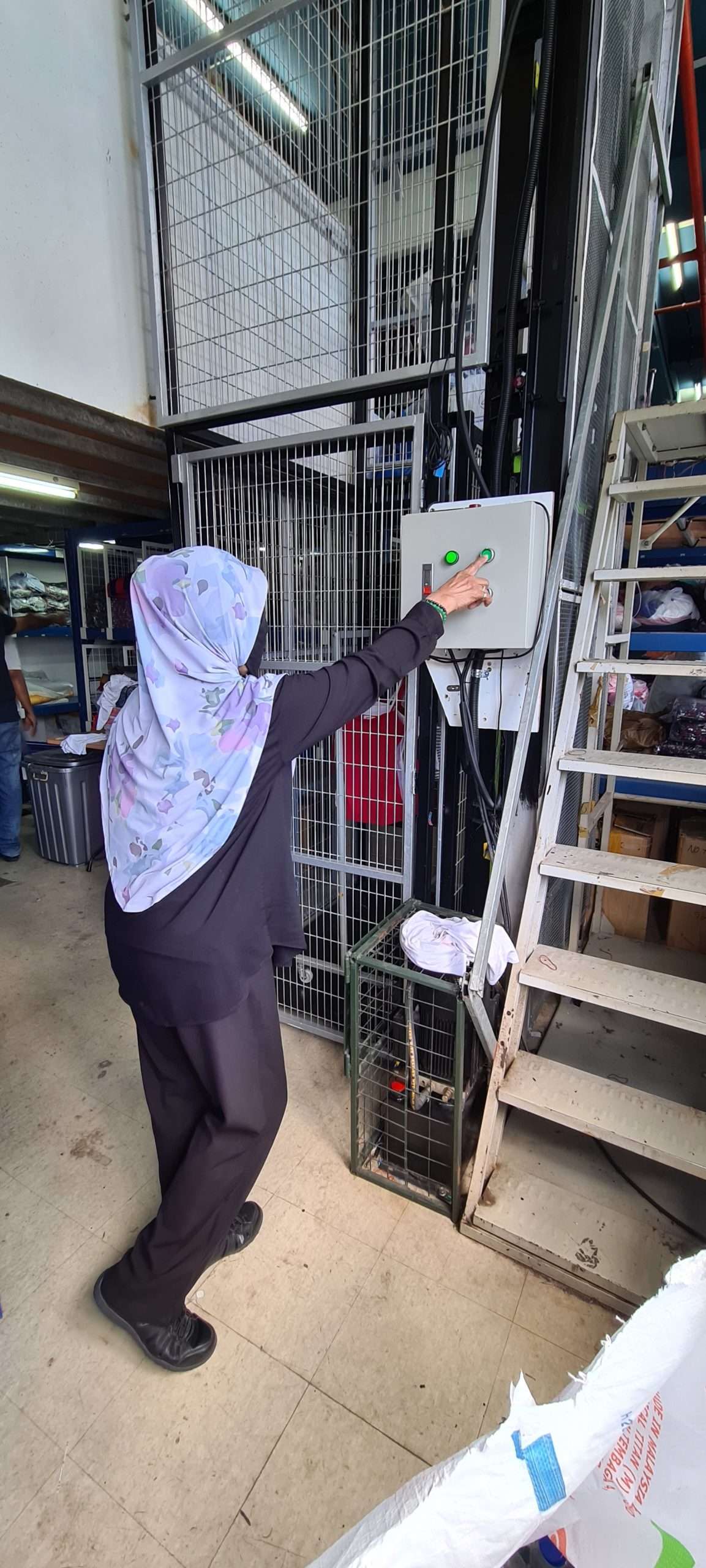Growing from a single chicken rice stall to six eating houses, Yi Jia Food House shows us how leadership and compassion need not be mutually exclusive.
In 1998, Mr and Mrs Chew took the first steps in their entrepreneurial journey by opening a chicken rice stall in a coffeeshop in their housing estate. Although it was just a small family business, it grew with support from the community. Life as a hawker in Singapore certainly has its fair share of ups and down, but through a combination of hard work and a strong passion for local food, the couple managed to find the means to raise their four children comfortably.
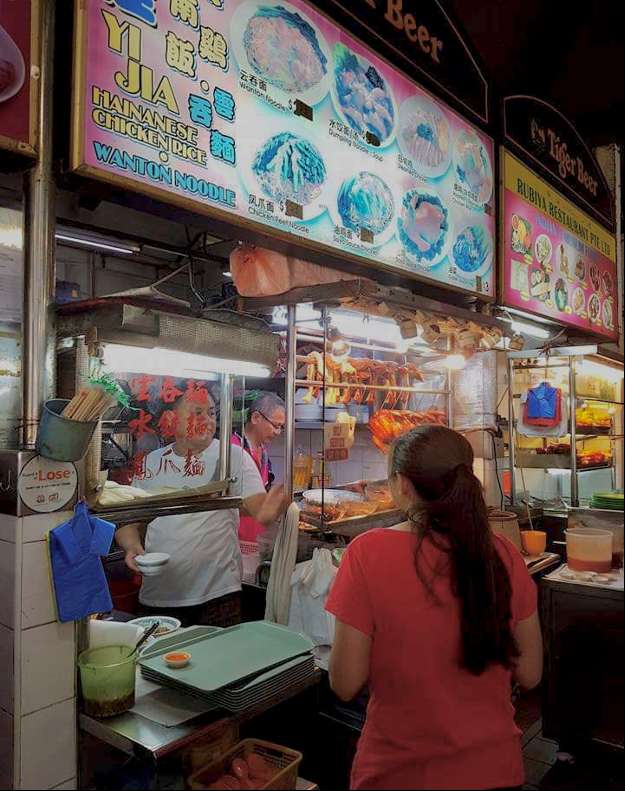
Mr and Mrs Chew have had to weather many storms over the years, including the bird flu as well as the SARS outbreak. It made them sit up and realise that the operation of a single food stall is not exactly the most stable means of earning a living. They had to bide their time but when the right opportunity came along, the couple took the leap of faith and never looked back. That was the birth of the first outlet of Yi Jia Food House at Buangkok Crescent.
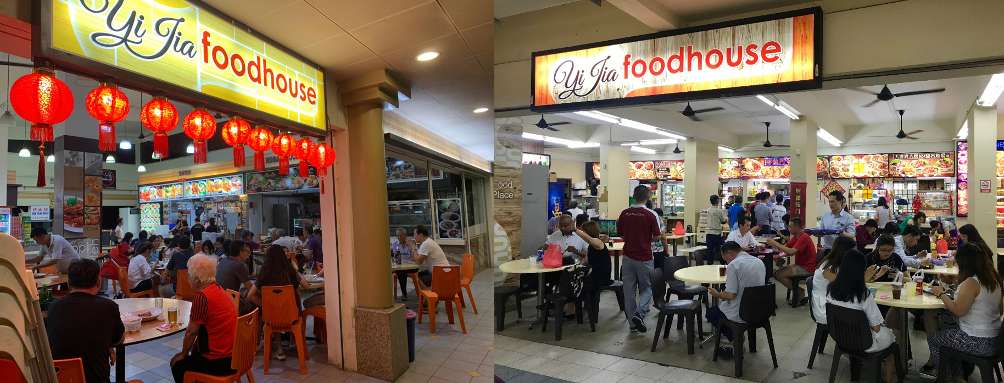
The company are not just mere operators. They have actually created their own brands – Yuan Ji Chicken Rice and Yi Jia Feng Wei Seafood, each with multiple outlets all over the island.
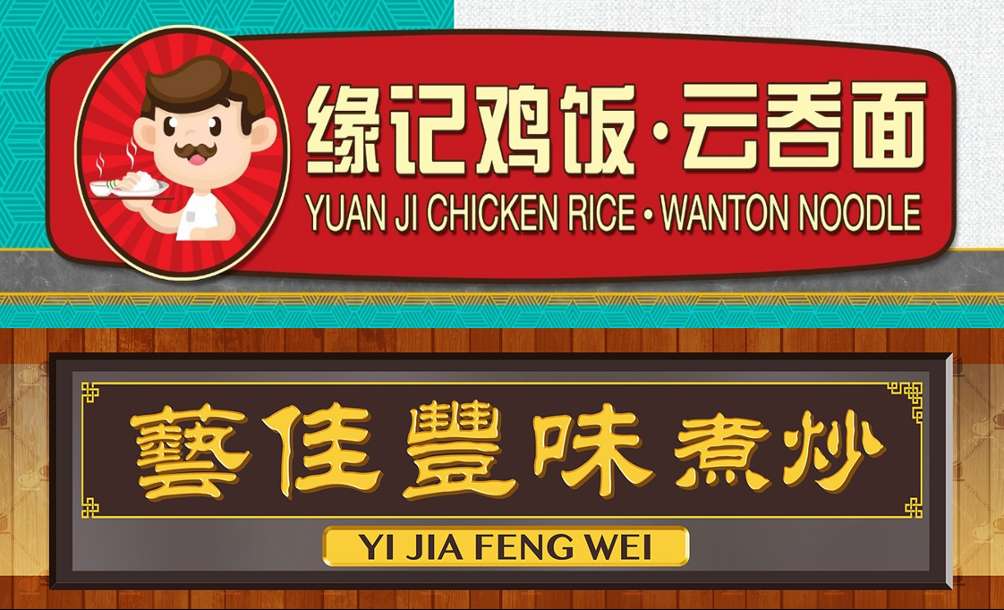
Before the collaboration with NTUC’s Employment and Employability Institute (e2i), the older workers in Yi Jia Food House were using traditional gas cookers with open flames, which made the whole eating house, and not just the kitchen environment, very hot and humid. The manual preparation of food also meant that the workers had to rely on their memory and experience to control the cooking time and temperature.
While the less than ideal working conditions might sound like a small encumbrance to those who have not worked in a kitchen, Yi Jia Food House knew that it is little things like these that matter. They began researching on the different types of modern equipment available on the market which allows them to make their work processes easier, safer and smarter for their older workers. Their search eventually led them to specialist kitchen equipment supplier Kang Jie Technology.
Having benefitted from e2i’s support themselves, Kang Jie Technology was vocal in its support of the stewardship of e2i. True enough, what started out as a simple introduction soon flourished into a mutually beneficial partnership as e2i invited the Yi Jia Food House team to a series of sharing sessions where they discovered a whole range of solutions available to them, ranging from training courses, recruitment assistance to IT and productivity solutions amongst others. The industry knowledge and deep network made e2i a great resource for the company.
By partnering with e2i on the WorkPro Job Redesign grant, Yi Jia Food House incorporated the use of various commercial kitchen equipment sourced from Kang Jie Technology. By employing the use of automatic commercial kitchen cookers, older workers no longer need to manually turn on the gas stove as the whole process is now automated. The unique design of the cooker contains the heat from the flame within the rim of the stove, thereby minimising heat emission to the surrounding environment. This keeps the kitchen area cooler and more comfortable for everyone working in the vicinity.
With the addition of equipment like the automatic energy saving steamer, automatic commercial induction cooker and automatic energy saving soup cooker, the desired temperature and precise cooking duration can be pre-set by the workers. Once the cooking time is up, the cooker will automatically switch off to stop the cooking process to prevent any overcooking of the food items. This eliminates the need for workers to constantly monitor the cooker and frees up their time in the kitchen for other more value-adding tasks.
Mr and Mrs Chew have demonstrated leadership and compassion in the way they sought to improve the working conditions of their workers. It is their way of showing the workers the care and concern they deserve. Coupled with the support and expert guidance of e2i, they are confident that any future collaborations would be equally successful.

